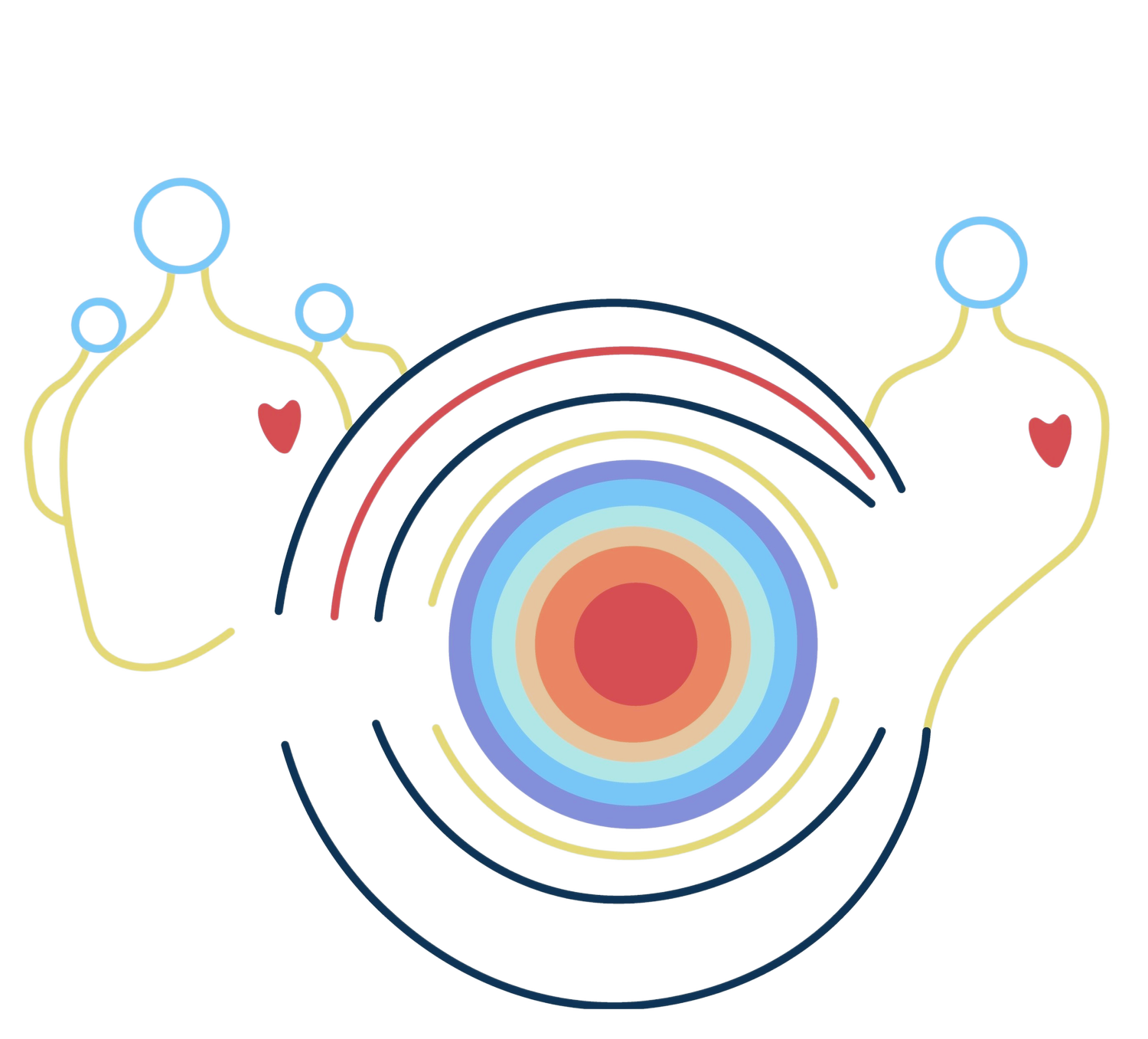on the front lines
TRUTH-TELLING ABOUT MY YEARS AS A FRONT-LINE CHILD PROTECTION WORKER
I entered the field of child welfare in the late 1990’s. During my first year, I removed children from their parent(s) several times. By the end of my second year, I had participated in at least two trials as far as I can remember now. Most of the time during my years as a front-line worker, the children remained with their parents.
I pretty consistently focused on what was wrong when meeting with the parent(s) or during supervision with my staff after I became a supervisor. Looking for what was wrong is fundamentally linked to looking for reasons to remove children from the care of a parent.
I can think of at least 13 families whose children I removed from their care. I can remember only two families of children being returned home although there may be more. The rest of these children were mostly either adopted by non-kin or raised in non-kin foster care.
After a child was removed from a parent, I saw the parent as fundamentally flawed and incapable of raising a child … making terrible and unsafe decisions about partners, housing conditions, substance use, mental health treatment, criminal involvement, and use of financial resources. I unintentionally made assumptions about the entire family system based on my interactions with the deeply troubled parent(s). When I did have contact with extended family, usually a grandparent, I saw them as allies in helping me gather the evidence I needed along with the hope that the family member could make the parent see the error of their ways.
Only once during my years as a child protection worker did I go out on a limb and invite family members to come to a meeting to help sort out what needed to happen for a child. I held this meeting after hours, hoping no one would know what I was doing. I wasn’t sure I was even allowed to hold this kind of meeting.
I am not proud of my work during those years.
Where I have regrets, and I have many of them, is what happened next after I removed a child from their parent(s). I didn’t ask about extended family members who could help. I didn’t call extended family groups together to help sort out what needed to happen to help the parent or where the child could live for a time or even grow up. I didn’t look at strengths to try to build on them with the assistance of the parents’ natural groups (family, friends, faith communities, etc.). While I included the Band Representative when the family was Indigenous, I looked no further into the Indigenous communities to seek assistance, support and healing for the parents/children. I stopped looking for ways to safely return the child/ren to at least one parent and focused instead on gathering enough evidence to permanently remove the child/ren. And I felt sick and exhausted and stressed and overwhelmed with the responsibilities/workload through the whole time.
I had wonderful supervisors who supported me and helped me grow as well as a lot of support from the agency. I had access to quality training, a good benefit package, lots of holiday time and support when my own personal life became challenging. What I could not seem to do (and I know that I was part of a system that operated this way) is to extend these same supports to the parents/children I was working with. I didn’t look for what was going well in their lives. I had tunnel vision, seeing only the situation currently in front of me, and could not look to the wider extended family group or the impact of intergenerational trauma on the nuclear family in front of me.
I had known much loneliness and the pain of ‘separation’ during my early years. I longed to feel a sense of belonging, to be ‘seen’, to be able to share my inner pain, and to feel loved in this place of trauma. I longed for community and for inclusion as a way of creating a sense of belonging. How is it that I could not offer these same things that I longed for in my own life to those who were clearly having many struggles while I was the worker/supervisor?
